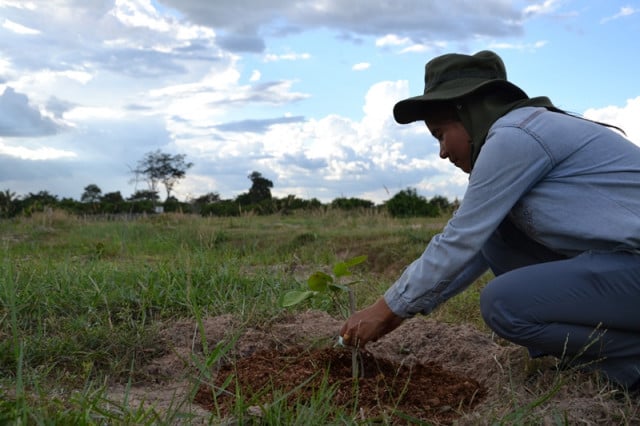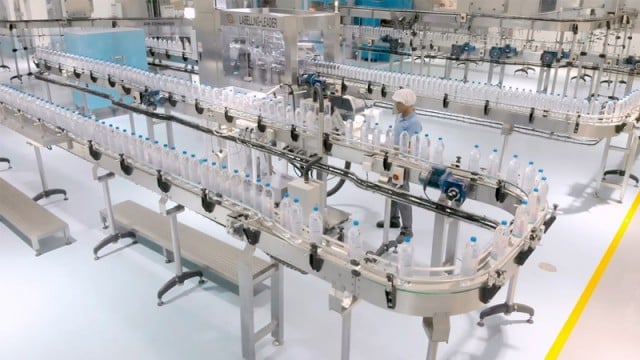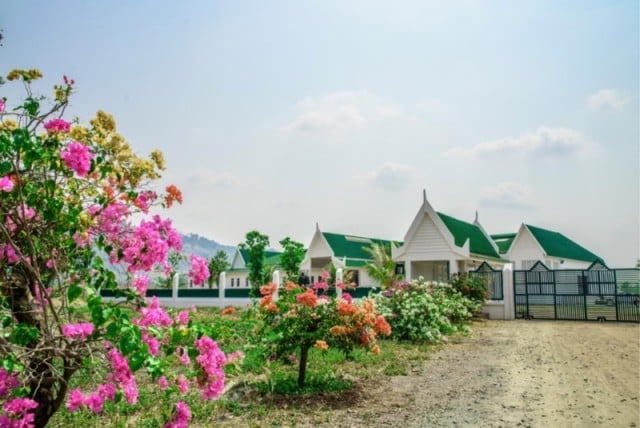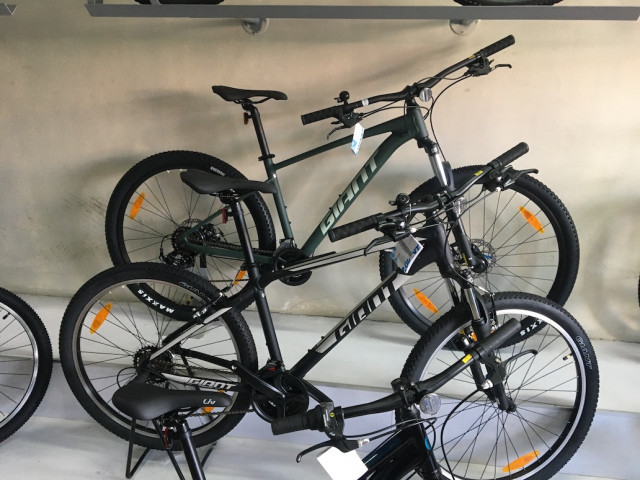Eau Kulen water – on Nature’s Side

- Michelle Vachon
- October 28, 2019 7:15 AM
When the very essence of a company’s product depends on the absence of all forms of pollution—garbage, chemicals or otherwise—it goes without saying that the company will take every possible measure to prevent contamination.
And then the company may take it a step further and invest into its product’s natural setting so that it can still be untouched by pollution 100 years from now.
This is the step that the Kulara Water Company took last year when Jacques Marcille, the company’s managing director, decided to plant trees threatened with extinction in Cambodia on the company’s 40 hectares of land at the foot of Phnom (mountain) Kulen where the Eau [water] Kulen mineral-water facility is located.
Using for guidance a report funded by the Danish international Development Agency and done in cooperation with Cambodia’s Forestry Administration a few years ago, Kurala Water will plant 500 trees of each of 22 species that are among the 34 endangered or threatened species identified, he said.
“When one is a researcher, I believe there is something we learn through research, and which can prove quite useful later on: It is that things are never as easy as one thinks,” said Marcille who is an oceanographer by training.
Planting tree seeds requires rain to water them after they are in the ground, and this year’s atypical rain pattern complicated matters, he said. Still, around 3,400 trees were planted last year and 3,800 since last July, he added.
Reforestation as Pollution Prevention
Eau Kulen turns into mineral water by acquiring mineral traces as water flows through rock in Phnom Kulen. This is why there cannot be nearby farming involving quantities of chemical products that might seep through. “If we start having chemicals in the water, we have to close,” Marcille said.

An employee monitors the Eau Kulen's bottling operation. Photo credit: Kulara Water Co.
“The issue for mineral-water people is to preserve the environment around the mineral spring to prevent any contamination through human action…to ensure some sort of ecological corridor over the spring,” said Nimith Chheng, a consultant to Kulara Water.
So in addition to acquiring land and planting endangered tree species, the company’s approach involves working with the area’s villagers.
Initiatives include sponsoring and working with the NGO Archaeology and Development Foundation (ADF) that also runs a tree-planting project and has set up tree nurseries at three primary schools in the Kulen National Park to help reforestation efforts in the area, Chheng said. “They learn to make seeds grow, which is not that easy. Out of 100 seeds, only two will sprout and only one will produce a tree.” Students also learn how to care for trees as part of a long-term strategy to protect the area’s forest, he said.
One of the unexpected outcomes of the tree-planting project has been to provide wild bees with a safe haven. Kulara Water brought in bee experts who explained that different types of trees had to be planted so there would be flowers in bloom all year round for the bees to thrive. Kulara Water followed their advice.
And those bees have proven an excellent tool to make primary-school students interested in forest conservation: While they may not get that thrilled about trees when they tour the company grounds, they are excited over bees because they have seen the cartoon character Maya the Bee, Marcille said.
A Company Valuing its Staff
Last June, Kulara Water was awarded the first Corporate Social Responsibility award, large category, by the European Chamber of Commerce in Cambodia.

At Kulara Water facility, there always are some flowers in bloom for the wild bees. Photo credit Kulara Water Co.
The company, which has 96 employees on staff, offers appropriate salaries, training, seniority pay, school-fee payments and so on without making a big deal about it, Chheng said. Kulara Water has one of the lowest turnover rates in the country.
Most employees are Cambodian, and it is a Cambodian woman who is in charge of the gardeners and security guards, who are mainly men.
Eau Kulen, which was launched in 2013, has been well received on the market. To celebrate the start of the new decade, the company plans to soon launch a new product: a mineral water with a touch of pizzazz.















